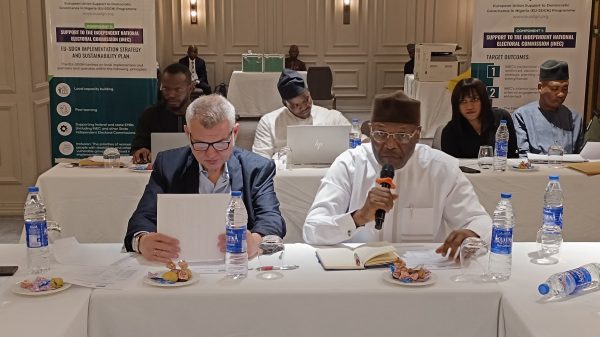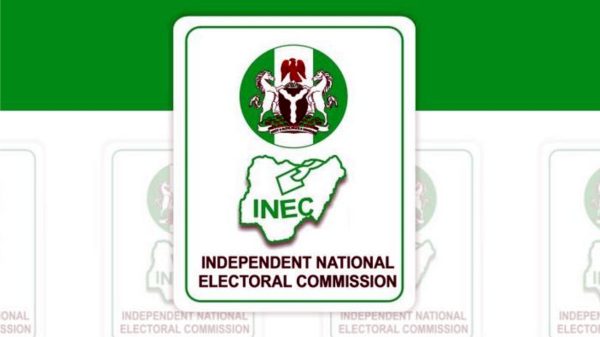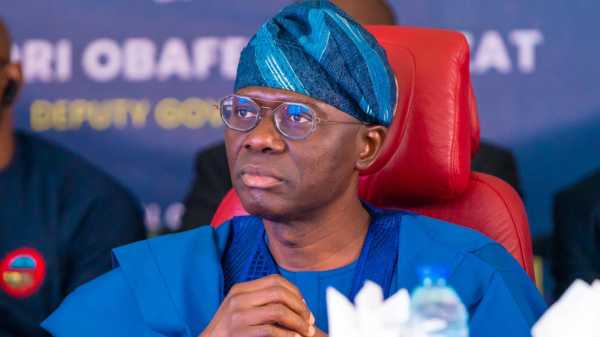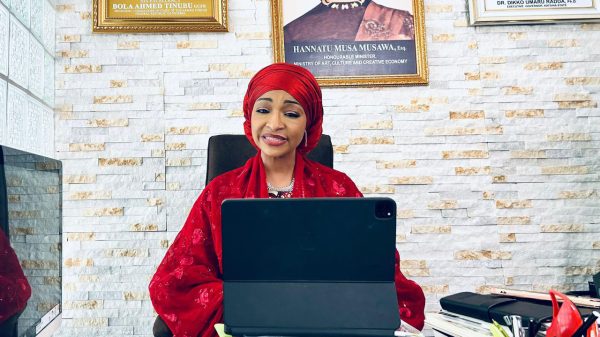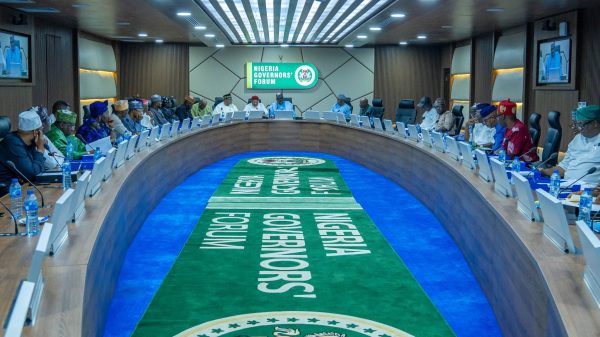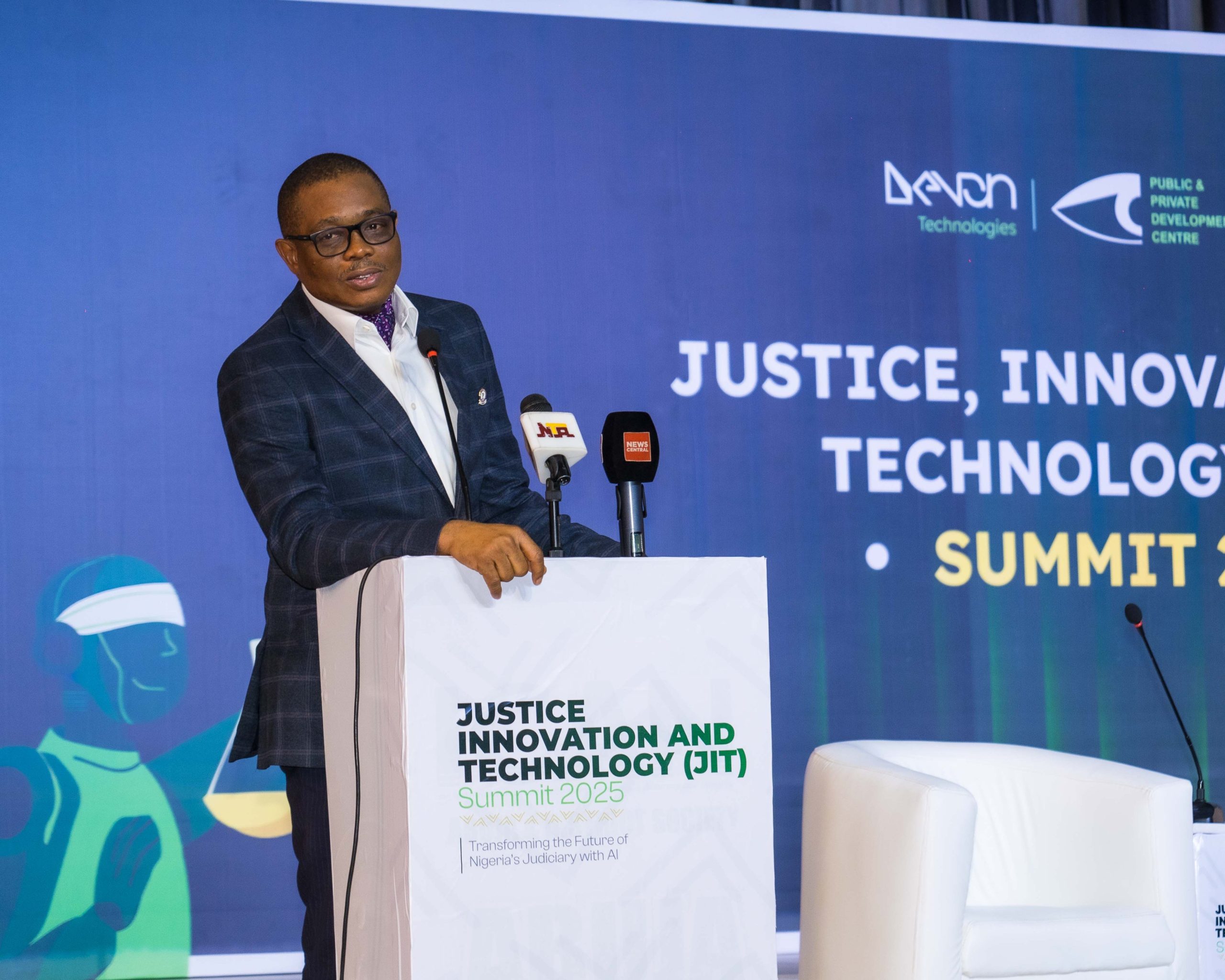Abuja, Nigeria
Stakeholders in the Nigerian judiciary have advocated for the urgent digitalisation of the legal and judicial sector.
They said this approach will help the country to address the long-standing inefficiencies hampering effective justice delivery.
NAN reports that the stakeholders spoke at the 2025 Justice Innovation and Technology (JIT) Summit on Tuesday in Abuja.
The Chief Executive Officer of the Public and Private Development Centre (PPDC), Lucy Abagi, said digitalising the sector will move it away from the persistent reliance on manual court processes.
She noted that the summit aimed to promote automation for timely and efficient justice.
According to her, PPDC, with the support of development partners, has piloted the Justice Initiative in Nasarawa, Kaduna, and Plateau states, using speech-to-text devices to enhance the management of cases.
Abagi added that more than 80 per cent of Nigerian courts still operated manually, and the initiative was designed to eliminate this.
“The Judic AI software, developed by young Nigerian tech graduates, has already been deployed in 16 courtrooms.
“Judges no longer need to write long-hand; instead, they get instant transcriptions, which also lightens the administrative burden,” she said.
She noted that the technology could play a key role in addressing Nigeria’s backlog of pretrial detainees, currently estimated at 80,000.
Bemshima Peter, CEO of Devon Technologies Ltd., also addressed the summit, emphasising the urgent need for technological advancement in a judicial system that has lagged behind other sectors.
He introduced Judic AI as an intelligent transcription and case management tool already in use across 16 courts.
While acknowledging obstacles such as varied accents and dialects that impact speech recognition, Peter said the company is developing multilingual capabilities to enable smoother communication.
Afam Osigwe, the President of the Nigerian Bar Association (NBA), encouraged judges to improve their computer literacy and called for the adoption of virtual hearings to minimise delays and reduce the need for unnecessary in-person court appearances.
“Courts should offer virtual hearing facilities to all parties, not just expect litigants to make personal arrangements,” Osigwe said, calling the refusal of some courts to adopt such systems “unacceptable.”
“Embrace technology or risk falling behind. We cannot afford to Ignore Technology in Our Courts,” the NBA president said.






